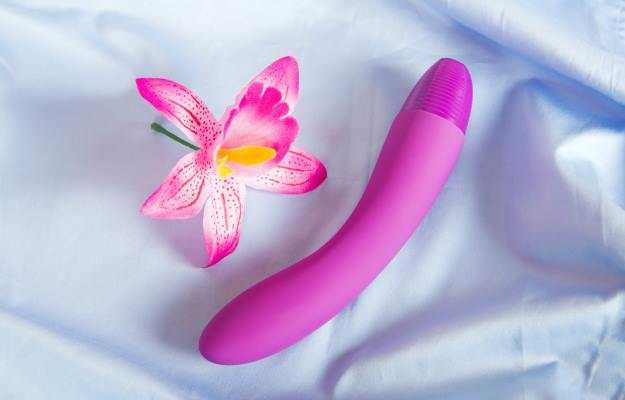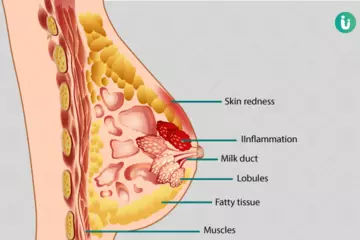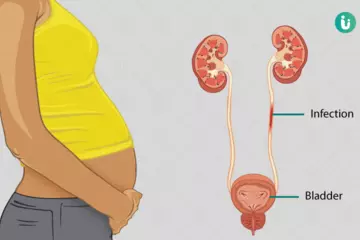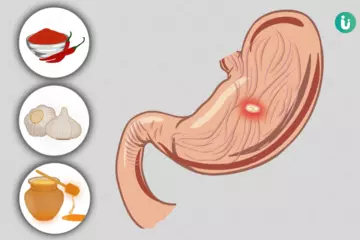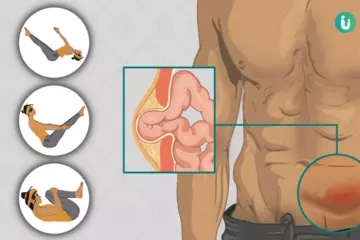What is non-allergic rhinitis?
Non-allergic rhinitis is characterised by inflammation or swelling inside the nose, which is not caused by any allergic substances. The condition is caused by various non-allergic factors, such as smoke, changes in the atmospheric pressure, dry air, infections, etc. The mechanism of the condition does not involve an allergic response but is due to inflammation.
What are its main signs and symptoms?
An individual with non-allergic rhinitis may present with the following symptoms:
- Blocked nose
- Irritation and discomfort in and around the nose
- Excessive sneezing
- Watery discharge from the nose
- Reduced sense of smell and taste
- Reduced appetite
Itching in the nose, throat, and eyes, is commonly seen in allergic rhinitis. However, these symptoms rarely manifest in people with non-allergic rhinitis.
What are the main causes?
Although the exact cause of the condition remains unclear, various non-allergic factors contribute to the development of non-allergic rhinitis. These factors include:
- Air pollution
- Alcohol consumption
- Spicy food
- Some drugs like ibuprofen and aspirin
- Dry atmosphere
- Strong odours like the odour of perfume and bleaching agents
- Bacterial and viral infections
How is it diagnosed and treated?
The physician may use one or more of the following diagnostic measures to identify the condition:
- Physical examination.
- Skin tests to identify the allergen causing the condition. This helps in ruling out allergic rhinitis.
- Blood test to detect the levels of immunoglobulin E, which is an antibody produced by the immune system in response to an allergy. A complete blood count (CBC) will help in determining the eosinophil count (a type of white blood cell) in the blood, which is another indicator of allergy. Therefore, a blood test will aid in ruling out allergic reactions.
Treatment of non-allergic rhinitis involves avoiding the cause and relieving the symptoms of the condition.
- If medication is the cause, the doctor may prescribe some alternative drug.
- If excessive use of nasal decongestant has led to the condition, stop using it.
- Nasal irrigation to clean the nose with saline solution.
- Corticosteroid, decongestants, anticholinergic, or antihistaminic nasal sprays are used to clear the blocked nose.

 Doctors for Nonallergic Rhinitis
Doctors for Nonallergic Rhinitis  OTC Medicines for Nonallergic Rhinitis
OTC Medicines for Nonallergic Rhinitis









